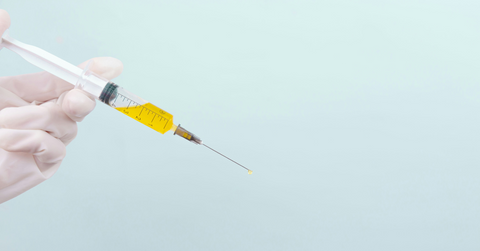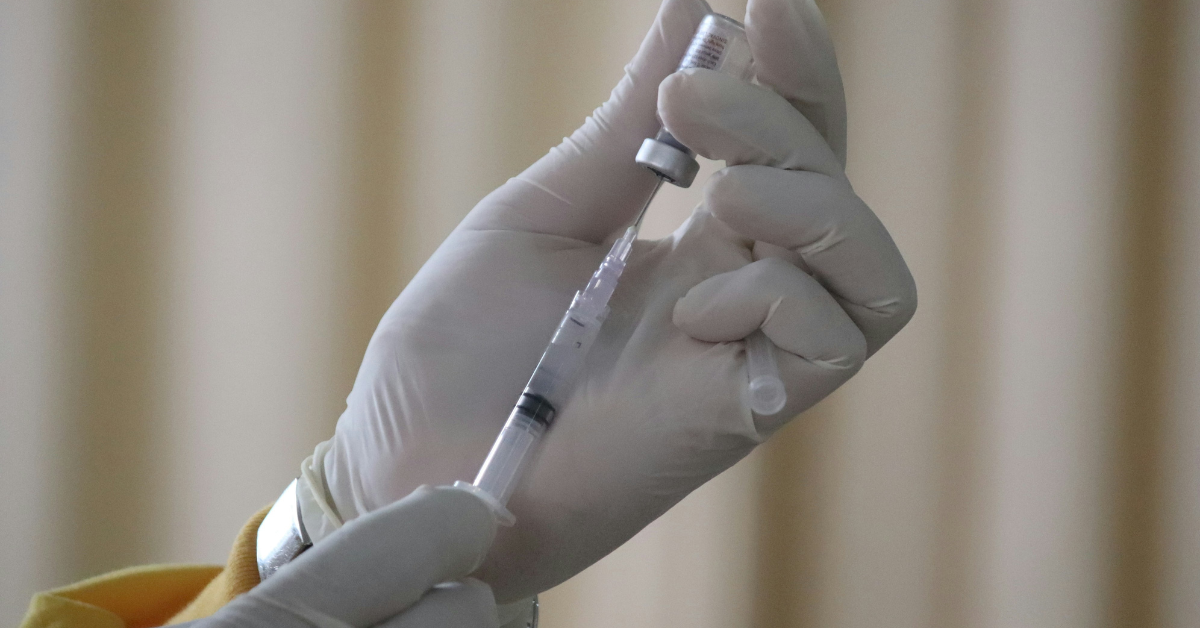Has Russia Just Created a Vaccination That Prevents Cancer?
If this is real, it could be a huge advancement in healthcare.
Published Sept. 8 2025, 3:33 p.m. ET

When you hear the words "cancer vaccine," you likely feel a wave of relief wash over you. That's because the idea that we could vaccinate against cancer, a devastating disease that takes the lives of tens of millions of people each year, would literally change lives. However, it doesn't seem like science has progressed enough at this point to create something like this, which is why many people are skeptical when they hear that a vaccine has been created for this awful illness.
That's especially true when it comes to the news out of Russia, where experts are saying they've not only created the vaccine, but they have also gotten great results with testing. Is the Russian cancer vaccine Enteromix actually real? We've looked into these claims and checked out what the medical professionals have to say about the possible cancer vaccination, including which cancer will be the first one that Enteromix creators want to start with.

Is the Russian cancer vaccine Enteromix actually real?
Yes, Russian doctors have shared data about the Enteromix vaccine, which they say has completed the required clinical trials needed to be granted approval from their government. According to Newsweek, the head of the Russian Federal Medical-Biological Agency (FMBA) made the announcement on Sept. 6, 2025 while speaking at the Eastern Economic Forum (EEF).
The publication says that this news was reported by the Russian news agency TASS, and no claims have been confirmed by Newsweek.
That being said, the FMBA rep says that years of research have been compiled during the testing of Enteromix, and that during this time the vaccine has showed a 100 percent efficacy rate, and it has even reduced existing tumors by between 60 and 80 percent, which could be life changing if true.
They went on to inform EEF attendees that those who had already been diagnosed with cancer also had an increased rate of survival, which they attribute directly to the use of Enteromix.
What types of cancer would Enteromix work on?
Newsweek reports that the company behind the vaccine will be looking for approval to use the treatment in colorectal cancer to begin with. From there, it's likely that they will request additional approvals, depending on the results of the first phase of use.
It sounds like glioblastoma and certain types of melanoma (including ocular melanoma) will be next on the list of cancers to treat. Unfortunately, it's unlikely that this treatment will be used in U.S. medical facilities anytime soon.
According to one doctor who spoke with Newsweek, the findings shared by the head of the FMBA don't appear to show the whole picture, and it's unclear whether the testing that has been done on the vaccine include human participants, or only animals.
If animals have been the only test subjects, there could be years of additional testing needed in humans, not only to confirm whether the vaccine is safe, but to also prove that it is just as effective in people.